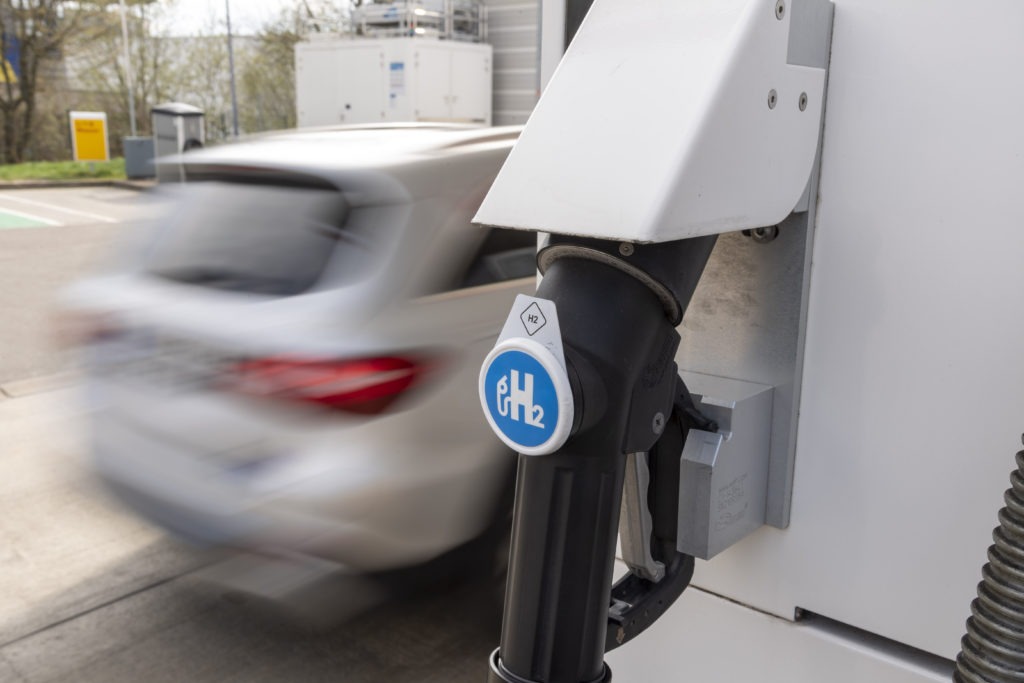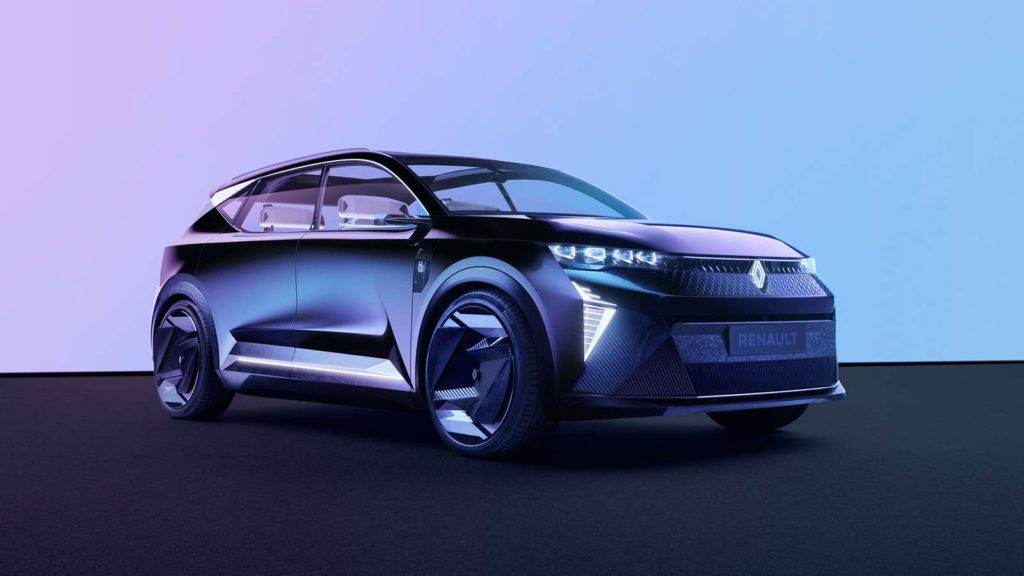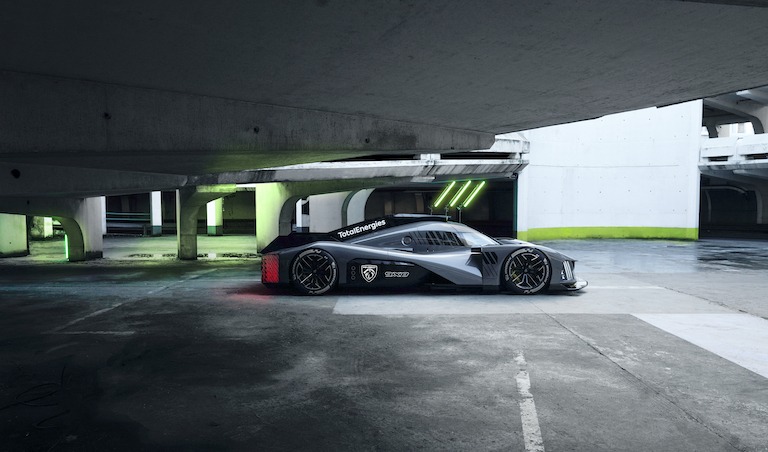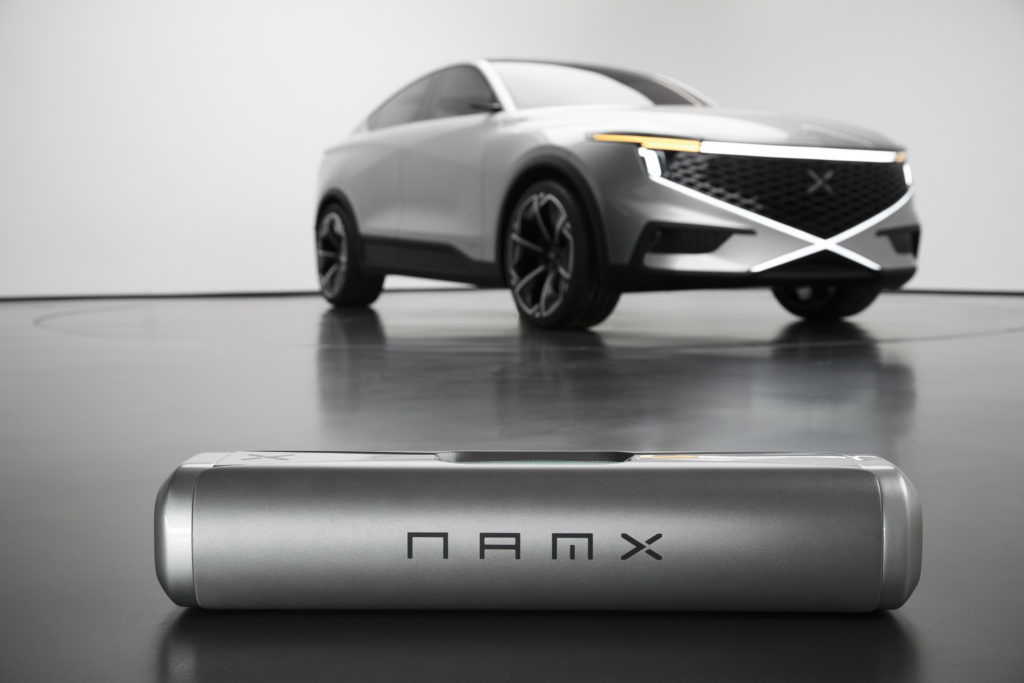Bosch shares hydrogen expertise and partners on refuelling-infrastructure technology
24 May 2022

Bosch is throwing its weight firmly behind hydrogen technology, expanding its developments across multiple industries including the automotive market.
‘On the path to a climate-neutral future, we have to make it possible for energy-intensive industries to shift to renewables. Hydrogen will be a key element in security of supply,’ commented Rolf Najork, the Bosch management board member responsible for industrial technology, and the company’s manufacturing technology chief.
To help the establishment of a hydrogen economy, Bosch is making its hydrogen expertise available to other companies through the establishment of a new project unit.
Developing hydrogen-refuelling infrastructure
For the automotive industry, one barrier to mass adoption is the lack of hydrogen-refuelling stations. As fuel-cell technology for vehicles is still in its infancy, so too is investment in infrastructure. Technology for refuelling points is also crucial to help reduce equipment costs and make it easier to store hydrogen on-site.
Hydrogen extracted through electrolysis needs to be compressed at filling stations. Bosch is to undertake trials of a solution that compresses hydrogen for filling stations, storage tanks and pipelines. This includes new hydraulic drives and electric controls, including software, for hydrogen compressors, which raise the gas pressure to up to 900 bar.
The technology has been developed by Bosch’s Rexroth business and Maximator Hydrogen. Both companies want to make the technology available to 4,000 hydrogen filling stations, meaning one in three worldwide would be equipped with Bosch components.
For hydrogen compressors, Bosch Rexroth supplies low-maintenance, scalable systems solutions with electrohydraulic drives, power electronics, and automatic-seal changes. The company’s portfolio includes drive units from 75 to 250 kilowatts. This gives filling-station operators a low-cost option when venturing into hydrogen technology, as well as the chance to adapt the solutions to their needs.
Compared with alternatives available in the market today, Bosch states that its new, container-based compressors have the potential to reduce infrastructure operators’ total costs of ownership by a half. Bosch and Maximator Hydrogen are helping considerably to make the use of green hydrogen economical – in passenger cars, commercial vehicles, buses, and trains.
Sharing experience to build a hydrogen economy
As part of its desire to accelerate the establishment of a hydrogen economy, Bosch is taking the experience and expertise it has gained in the volume production and digitalisation of sustainable technologies and making it available to partners and customers. The company is establishing a new unit that initiates and develops green-hydrogen projects, while also bringing together various stakeholders.
One of the unit’s first hydrogen projects is H2Giga. Funded by the German Federal Ministry of Education and Research, the project aims to design powerful, durable, and scalable electrolysers – including digital twins that simulate process steps in production, set-up, and maintenance.
Bosch also recently announced it was developing its own components for electrolysers that will help in the production of green hydrogen. The company will assign development responsibility to its Mobility Solutions business sector, investing up to €500 million in this venture by the end of the decade.



